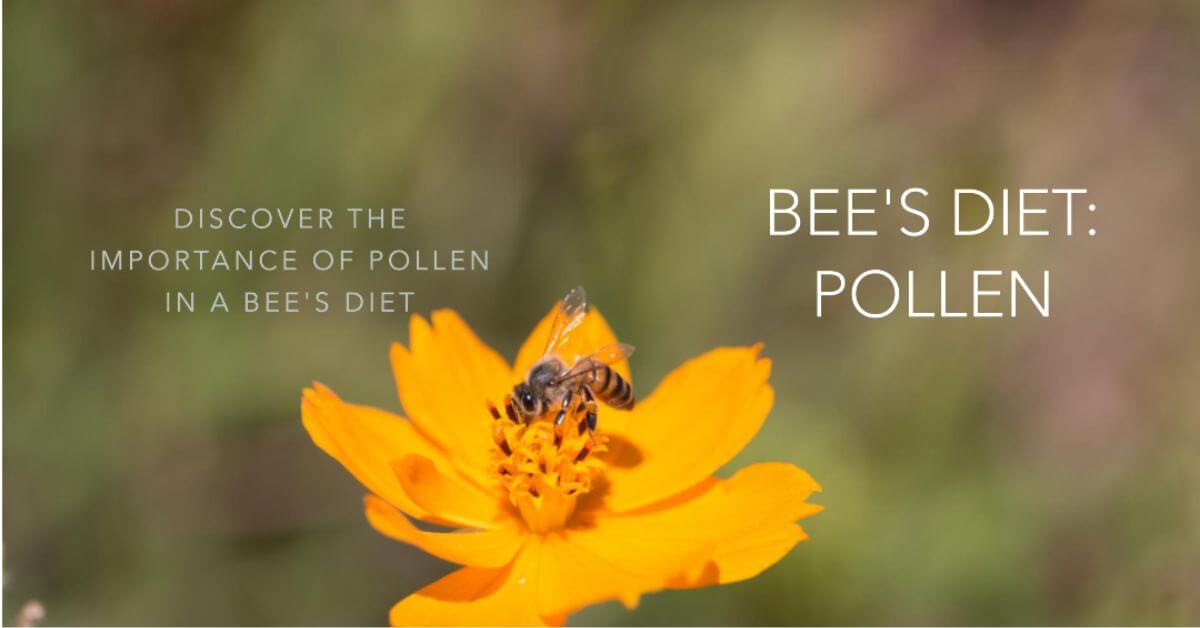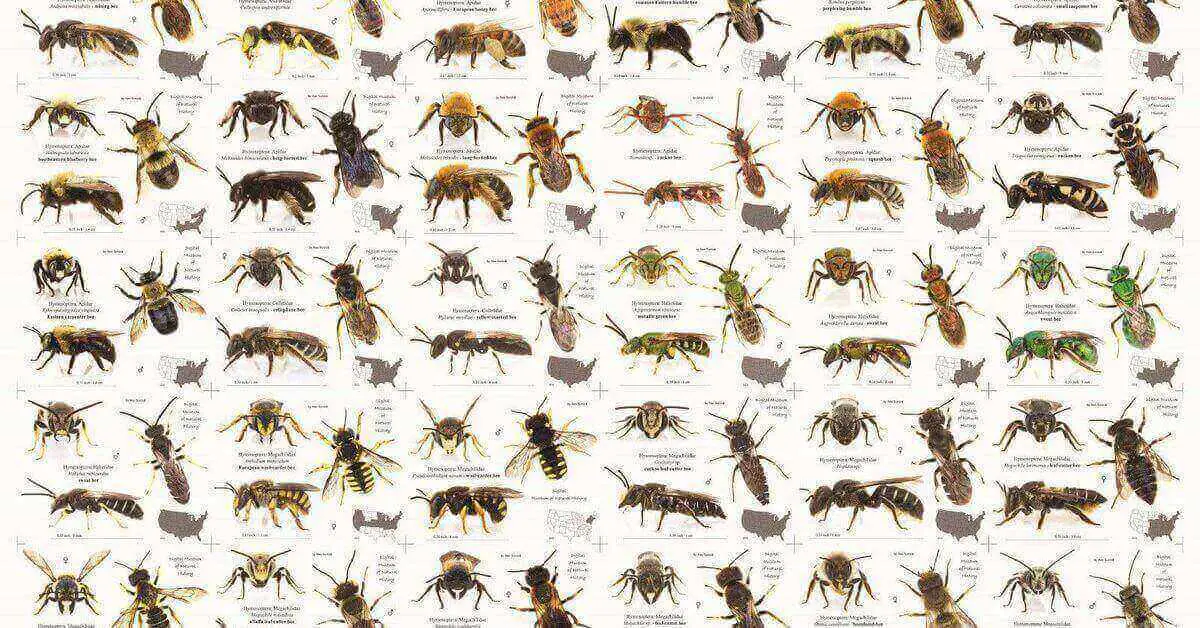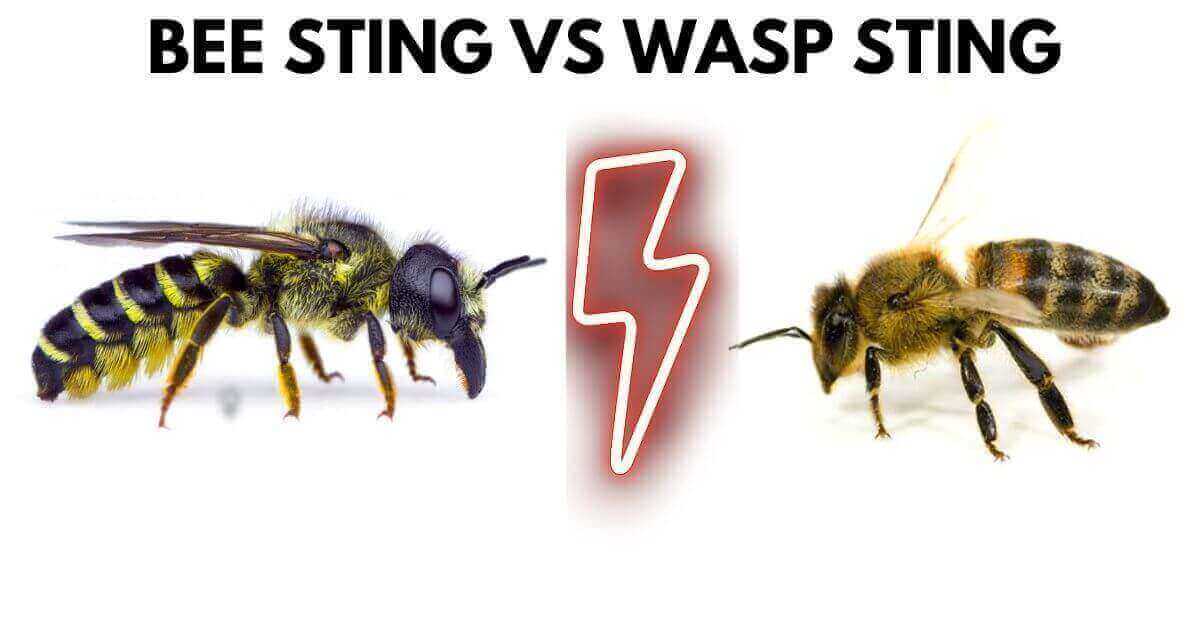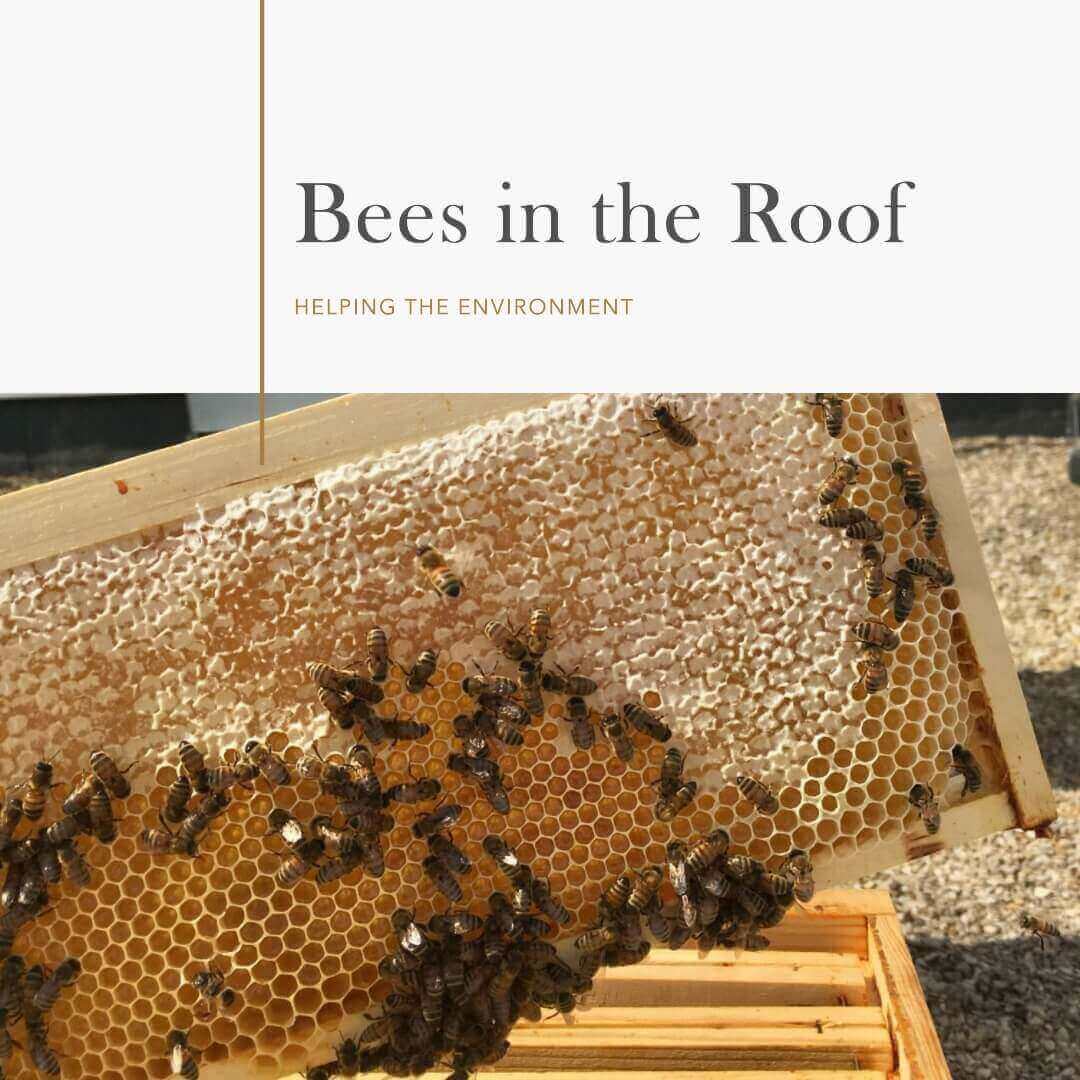Yes, bees do eat pollen. Pollen is a vital food source for bees, especially for their larvae. Worker bees collect pollen from flowers using their specialized structures like pollen baskets on their hind legs. They then transport the pollen back to the hive, where it is used as a primary protein source for feeding their young ones (bee larvae). In this article, we will explore the different aspects of the bee’s diet, their role in pollination, and the foods that depend on bees for successful reproduction.
Bee’s Diet
Bees are primarily herbivores, and their diet consists of pollen and nectar, which they collect from flowers. These food sources provide bees with the necessary energy and nutrients for their survival and the development of their colonies.
Pollen Consumption
Yes, bees do eat pollen. They use their specially adapted mouthparts to gather pollen from flowers. Pollen is rich in proteins, essential fats, vitamins, and minerals, making it a vital food source for bees, especially during the larval development stage.
Nectar Consumption
Bees also consume nectar, a sweet liquid produced by flowers. Nectar serves as the primary carbohydrate source for bees, providing them with the energy needed for flight and other activities. While gathering nectar, bees inadvertently transfer pollen from one flower to another, promoting cross-pollination.
Fruit Consumption
Although bees are primarily known for collecting pollen and nectar, they do not consume fruit as a significant part of their diet. Bees might occasionally visit fruits for their sweet juices, but their main role in fruit production is through pollination.
Foods Dependent on Bees
Numerous plants, fruits, and vegetables rely heavily on bees for successful pollination. Some of the key crops that depend on bees include:
Crops Pollinated by Bees
| Crop | Examples |
| Fruits | Apples, cherries, blueberries, |
| watermelons, oranges, mangoes | |
| Vegetables | Tomatoes, cucumbers, zucchinis, |
| eggplants, bell peppers | |
| Nuts | Almonds, cashews, pistachios |
| Oilseeds | Sunflower seeds, canola seeds |
| Legumes | Peas, beans, lentils |
| Berries | Strawberries, raspberries, |
| blackberries | |
| Spices | Mustard, coriander |
Bee Pollination Process
When bees collect nectar from flowers, they brush against the flower’s reproductive structures, picking up pollen on their bodies. As they move from one flower to another, they transfer the pollen, facilitating pollination. This process allows plants to produce fruits and seeds, ensuring their reproduction and genetic diversity.
Related Posts:
Conclusion
Bees are indispensable pollinators, vital to the reproduction of numerous plants, fruits, and vegetables. Their diet, primarily consisting of pollen and nectar, sustains their colonies while inadvertently aiding in pollination. As we acknowledge the importance of bees in our ecosystem, it becomes evident that protecting these essential pollinators is crucial for maintaining a thriving and diverse agricultural landscape.




